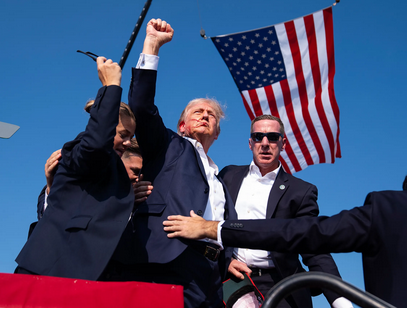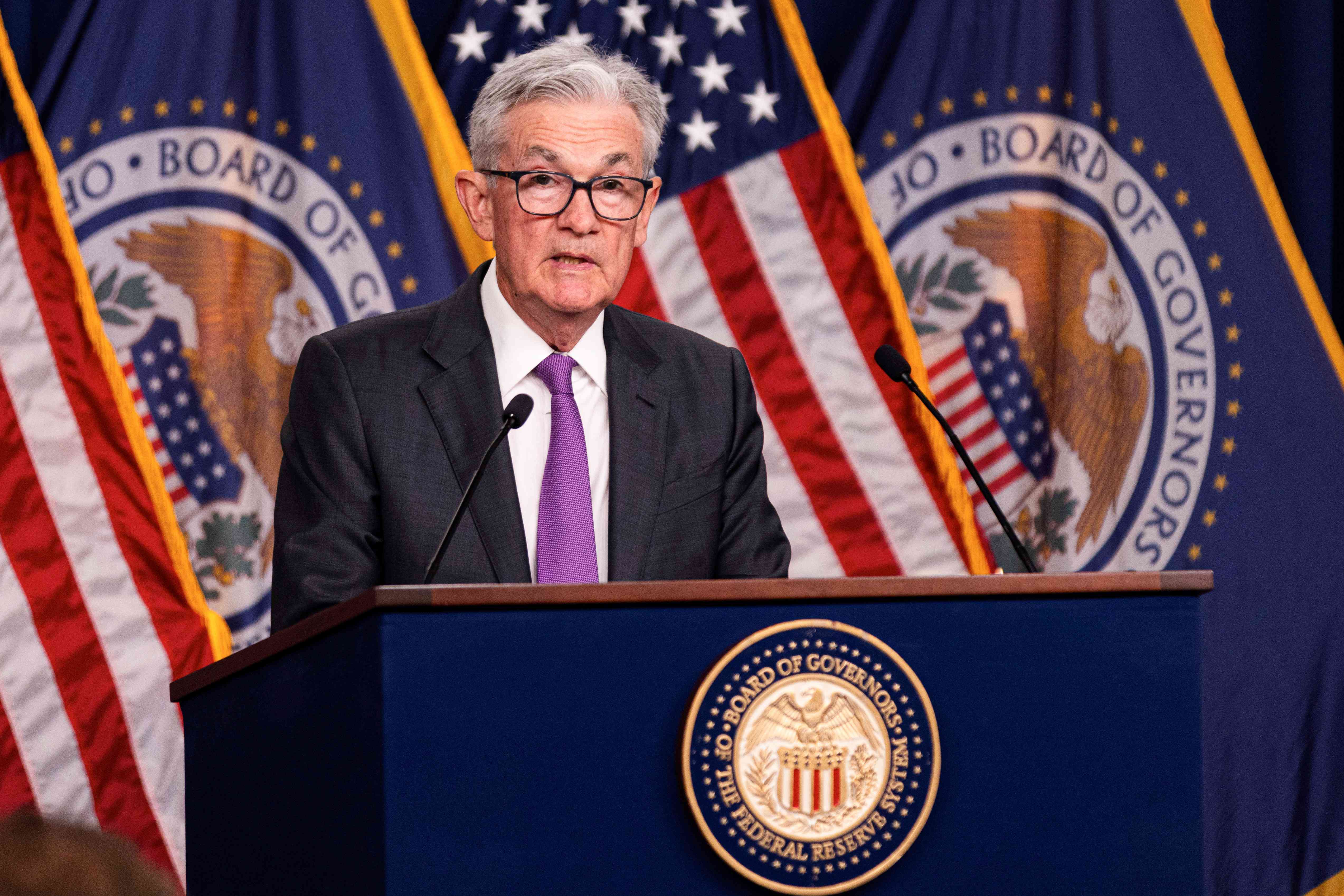
UP Plus Vows to Break NPP-NDC Duopoly, Unite Ghana's Best Minds
Oct 17, 2025
by Ekow Benyah Sep 20, 2025

$100K Annual Fee on U.S. Skilled Visas Alarms Ghanaian and African Professionals
September 20, 2025
A new U.S. executive order signed by President Donald Trump has sparked widespread concern across Africa after imposing a $100,000 annual fee on applicants to the H-1B skilled-worker visa program.
The policy effective September 21 requires U.S. companies to pay the steep fee for each foreign professional they sponsor, for up to six years. Until now, administrative costs for H-1B petitions averaged about $1,500.
Critics warn the change will price out smaller employers and severely limit opportunities for skilled workers from countries including Ghana, Nigeria, and India, many of whom rely on the H-1B route to build careers in U.S. technology, health, and business sectors.
“Almost everyone’s going to be priced out. This $100,000 as an entry point is going to have a devastating impact,” U.S. immigration attorney Tahmina Watson told the BBC.
U.S. Commerce Secretary Howard Lutnick defended the measure, arguing it ensures companies “decide if the person is valuable enough to have a $100,000-a-year payment to the government, or they should hire an American.”
The H-1B program, long dominated by major tech firms such as Amazon, Google, Microsoft, and Apple, has already seen applications dip to a four-year low of about 359,000, according to U.S. Citizenship and Immigration Services. Analysts expect the new fee to drive those numbers down further.
For many African professionals especially in technology, engineering, and healthcare the H-1B visa has been a crucial gateway to U.S. employment. Ghanaian applicants and startups may be particularly affected, as most lack the financial capacity to absorb such costs.
Meanwhile, the White House unveiled a contrasting initiative: a “gold card” visa program offering fast-tracked entry for wealthy applicants able to pay fees starting at £1 million.
Policy observers say the dual approach underscores the Trump administration’s push to restrict foreign labor while courting high-net-worth migrants, a strategy critics call both protectionist and elitist.

Oct 17, 2025

Sep 13, 2025

Sep 24, 2025

Oct 24, 2025

Apr 05, 2025

Feb 17, 2025

Oct 20, 2025

Apr 24, 2025